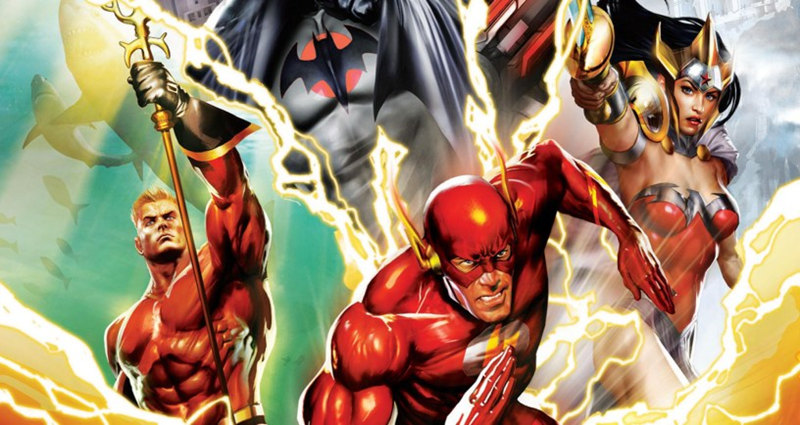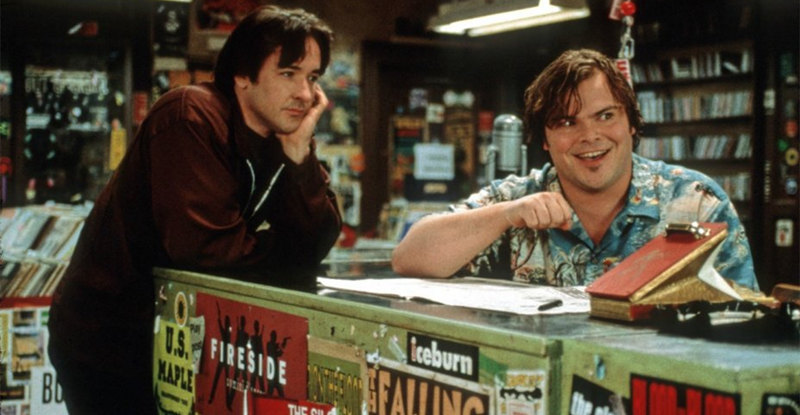Aside from being pure entertainment, Sports is also seen as the great hope of the masses. Anyone that has pure talent can succeed, no matter where on the planet you are from. There are innumerable accounts of real life feel good sports stories about athletes using their talents to escape a would-be hard life. The film industry has used this creatively in its stories many times over, yet every once in a while the same ole story and still feel fresh and unique. Marcel Rasquin’s “Hermano” is another story about young talents hidden among decaying locations that tend to swallow people up rather than set them free.
The story revolves around teenage Daniel (Fernando Moreno) and his older brother Julio (Eliu Armas) who are living with their mom in the slums of Venezuela. Daniel is a gifted soccer player for the local team. Julio is on the team as well, however he also does petty crimes around town for the barrio crime family. In their world, the only way to escape the slums is to somehow make it onto a professional soccer team. They get their chance when a scout for the Caracas Football Club comes to watch their local championship game ready to sign them. After a tragic accident potentially disrupts their ability to play in the game, they will need each other to make it happen.
“Hermano”, which translates into “Brother”, was directed and co-written by Marcel Rasquin making his first foray into feature length movies. His debut is mostly successful as he tells a clichéd story that has been told many times before, sports as a way out of poverty and towards a better life. What keeps this from being a run of the mill film is the location and the visceral reality of the slums. The stairways are steep, crooked and narrow. Power lines and clothesline zig zag everywhere above them. Metallic trash heaps are a normal site around town. Everything is dusty and dried, especially the local soccer field where the only bits of grass are dried up. Rocks and trash pepper the hills surround it as well. Yet, through all this, everyone is all smiles and there is a great sense of community. They have rooftop get-togethers full of dancing, music and food. Daniel and Juilo’s mother is the local cake maker who makes them out of their home and she brings them to every party. Soccer is the dominating notion in everyone’s lives. It is what they revolve around.
The low budget filming techniques help make this tale more personal. Most of it is filmed handheld style. It works nicely when following the characters through the narrow slums and gives many of the conversations a fly-on-the-wall feel. However, some of the soccer scenes can seem fairly chaotic. Shaky cam and quick editing is a low budget filmmaker’s easy fall back as it makes it easy to hide reused shots and geographical gaps. In this case it does the job it needs to do. There are are a handful for soccer scenes ranging from full games on a field to one on one matches in the ghetto, all of them have a nice intensity to them. I’d say that is mostly attributed to how well Rasquin does to get you involved into the personal story. There is always a lot riding on the line. The acting is amateurish yet natural which helps benefit the story. Moreno and Armas in their first acting roles ever are pretty darn believable. They handle the heavier, emotional scenes well. They also have great moves as soccer players.
Video:
Music Box presents “Hermano” on DVD for the first time and is framed in a 2.35:1 ratio. It seems to have been filmed with “digital camera”. The DVD itself is unfortunately a pretty rough affair. There are moments when it excels under the daylight sun where detail is fairly good. However, when getting into the murkier parts of the slums and at, night the image begins to degrade fairly quickly. The image is quality was heavily filtered in post to create a hot, bleached image to match the film’s location.
Audio:
Presented with a Dolby 5.1 soundtrack, dialogue is clear and natural. The many different types of music that play throughout the film are nicely rendered and sound accurate. There is not a tremendous amount of surround sound aside from the music and some cheering at the matches. There are a couple of low end nice moments that helps make the music pop and gunfire extra scary.
Extras:
There are only two extras, one is an interesting commentary by director Marcel Rasquin in which he tells some interesting tidbits on how certain things were done. The second extra is a short interview with Rasquin.
Bottom Line:
“Hermano”, as the title suggests is about the relationship between two brothers living in the Venezuelan barrio, each having their own perspective on the lives they lead. It is a story of hope and opportunity in a place where those two qualities are especially sparse. It is not a perfect film yet it does provide a visceral film-going experience in a largely ignored section of the world. The video and audio quality varies between average to a little above average. Recommended.


